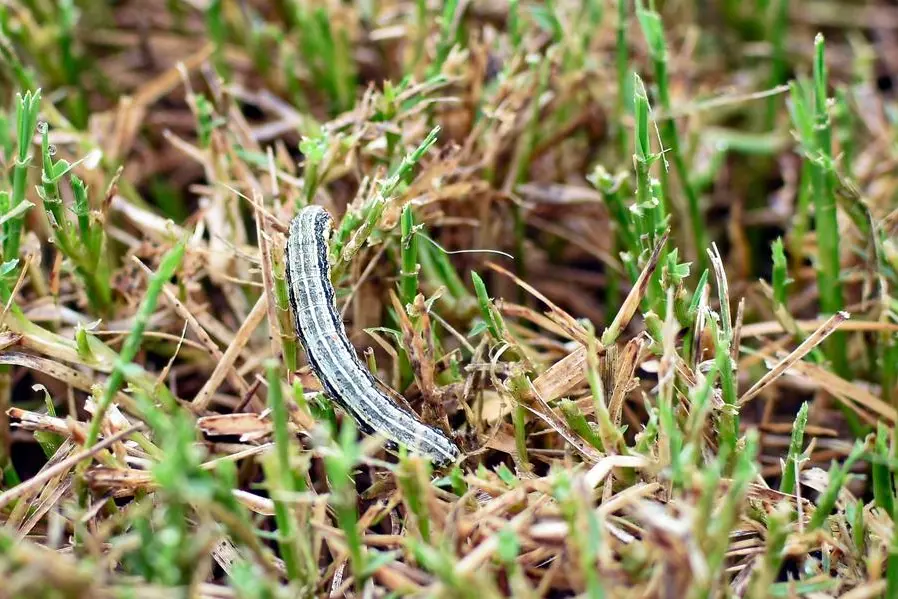PHOTO
In order to tackle the menace of fall armyworm in Nigeria, Federal Government has been called upon to strengthen the collaboration of entomology departments in the Universities and agro-based research institutions.
The call, was contained in a communique issued by participants after a stakeholders’ workshop on Integrated Pest Management of Fall Armyworm (FAW) and other Transboundary Pest for Sustainable Food Security in Nigeria with the theme: Environmental and Economic Smart Management of FAW organised by the KAFACI Project NACGRAB’s Team members led by Deputy Director, National Centre for Genetic Resources and Biotechnology (NACGRAB), Moor Plantation, Ibadan and Principal Investigator, Korea-Africa Food and Agriculture Cooperation Initiative (KAFACI) Integrated Pest Management of Fall armyworm for food security in Africa, International Cooperation Centre, Rural Development Administration, Republic of Korea, Dr. Timothy Ajiboye.
Fall armyworm (Spodoptera frugiperda), is a highly invasive and destructive caterpillar which ravage crops particularly maize causing huge loss and contributibuting in no small measure to food insecurity.
The participants, also noted that there is the need for the Federal Government to set up a national committee on pesticide registration and regulation that will assess, take the inventory of pesticides in Nigeria and put in place measures to screen out the ones that have been banned in the developed countries and eliminate them from the Nigerian market.
The stakeholders, called on government at all levels should create awareness to farmers on the use of pesticides and personal protective equipment to reduce health risks to enhance further proper monitoring of fall armyworm and other transboundary insect species at local levels.
They equally called on the Federal Government should declare an emergency on fall armyworms and educate farmers on the pest dynamics and practice to curtail the spread of the pest.
The communique reads in part:”Since Nigeria has Local, State and Federal Governments, it would be better to tackle this invasive pest at all levels and their respective agricultural departments and agencies.
“Implementing Integrated Pest Management (IPM) strategies, which combine biological, and chemical controls should be encouraged to sustainably reduce the pest population using the appropriate available technology thereby saving humans, crops and the environment.
“The use of digital technologies to monitor the fall armyworm population could be applied in the context of Nigeria since its invasion and migration to different geographical regions in the country.
“The Food and Agriculture Organisation (FAO) has developed the Fall Armyworm
Monitoring and Early Warning System which could be better extended to farmers in various Nigerian languages through the National Orientation Agency (NOA).
“The Federal Government should intensify collaboration with international institutions working on fall armyworms and other related agricultural pests.
“The government should increase the support towards research institutes in developing and distributing pest-resistant crop varieties, particularly maize, which is being heavily affected by Fall armyworm.
“Training programmes for farmers on IPM techniques should be prioritised by extension arm of various state government.
“The Federal Government should foster regional cooperation (ECOWAS) which can lead to shared resources and strategies on the control of fall armyworm and other transboundary pests.”
Copyright © 2022 Nigerian Tribune Provided by SyndiGate Media Inc. (Syndigate.info).





















